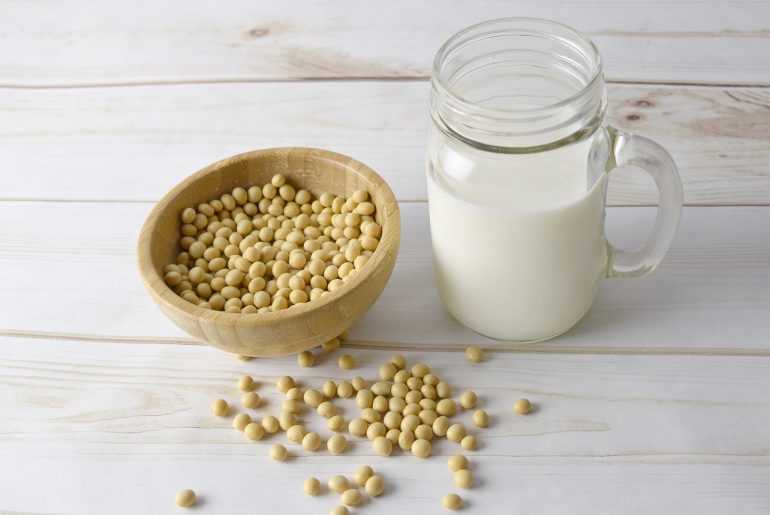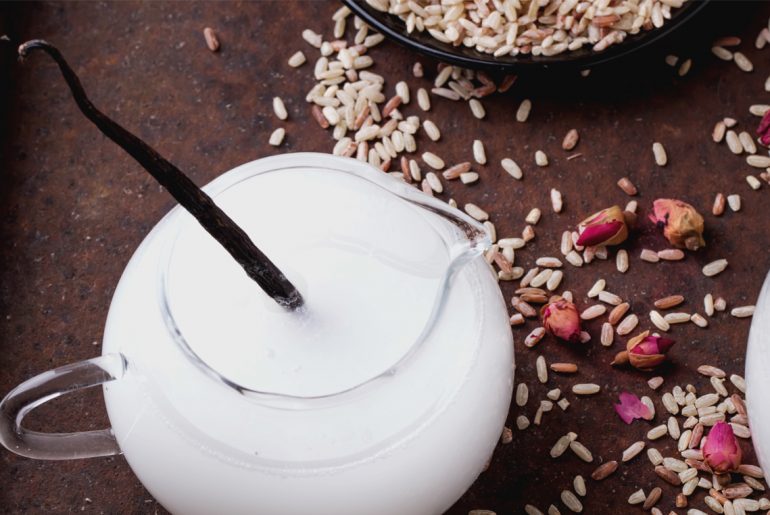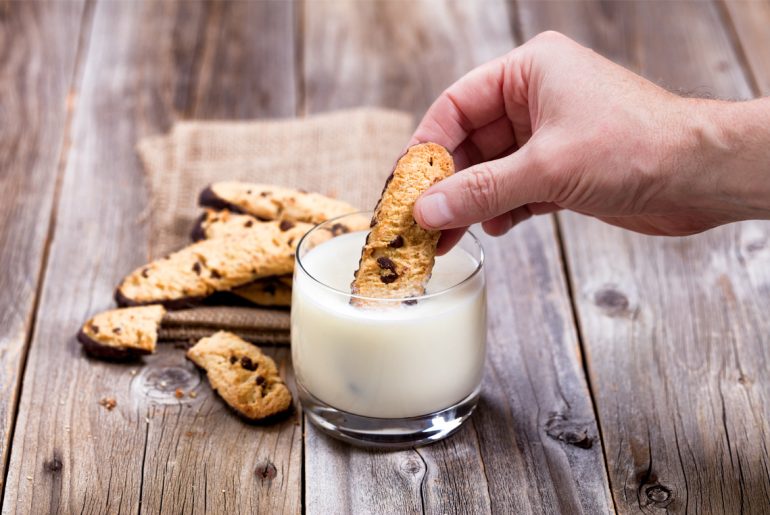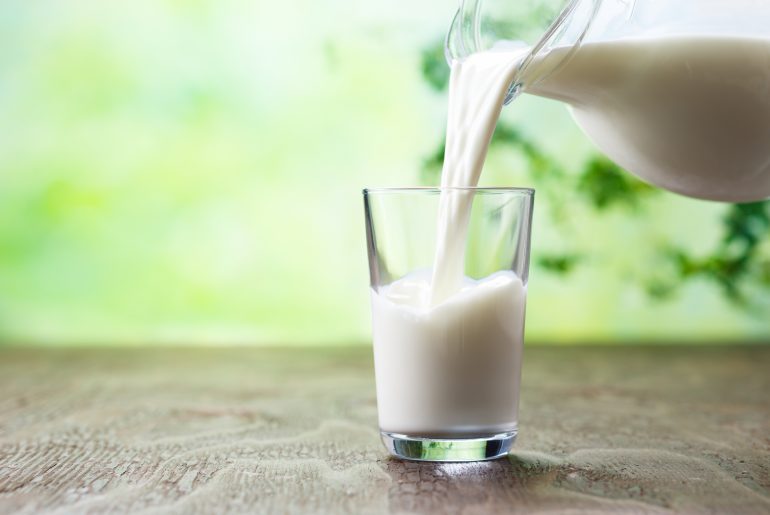Think switching to non-dairy milk is an all-around healthy move? Not so fast. Plant-based milks, like almond or soy, have become a popular alternatives for millions of people with dietary restrictions. They’ve become the go-to dairy for vegans, those suffering from lactose intolerance, and even for those just looking to reduce their intake of animal products. But, if it’s the healthiest dairy option you’re looking for, don’t just assume it will come from a plant. A new study found that many nondairy drinkers automatically assume their non-dairy milk choice is healthier than cow’s milk. And that may not be the case. Also see: Whole milk might be healthier than skim milk. When 1,000 Americans were surveyed, it turns out that many consumers don’t actually pay attention to the nutritional labels on their milk. So Consumer Reports got to work evaluating 35 types of milks including various brands of almond, coconut,…
7 great alternatives to milk for dairy-free diets
Just a decade ago, milk really only meant one thing: moo-juice. It was white. It came from cows. Sometimes it was chocolate or 2 percent or whole. But our interest in the stuff really stopped there. These days, everything has changed. A new milk substitute flashes on the scene every few years claiming to be the perfect product for vegans, dieters, hipsters or what-have-ious, and we all give it a glance. While these non-dairy, plant-based milk alternatives can be a real convenience for those who are lactose intolerant, allergic or ethically opposed to cow’s milk, the high number of modern options has left everyone a bit confused. Cow’s milk has been long recommended as part of a healthy diet. It provides several vital nutrients like vitamins D, B2 and B12, calcium, potassium and phosphorus. But the truth is, many of these milk substitutes aren’t really milk at all. Instead, seeds, nuts, beans and other foods…
Why you like the taste of milk and cookies so darn much
Milk. It’s a crucial part of the eating experience — for baking, cooking, coffee, cereal, smoothies. But it’s best use? For dunking cookies, of course! But why do milk and cookies make the world’s best duo? It’s culinary chemistry, Great Big Story reports. Here’s the actual science behind why the two are so tasty together. A Brief History of Milk 10,000 B.C.: Animals are domesticated and milked. 1862: Louis Pasteur modernizes milk safety. The term “pasteurized” is born. 1884: Milk is bottled and the milkman came to be. 1994: The Got Milk campaign sweeps the nation. What SCIENCE says about dunking “When you dip cookies into milk you change a number of things about those cookies that completely alters your eating experience,” Matt Hartings, professor of chemistry at American University. “Alters” means that not only does the texture and composition change, but the chemical composition does as well. There are specific ways…
Non-cows milk linked to shorter kids, new study finds
“Got Milk?” isn’t such a simple question in today’s grocery store. Beyond the old skim or 2% battle, there are so many other options out there. Soy? Almond? Rice? What was once the simplest of transactions, with a one-size-fits-all home delivery from the milkman, has become pretty darn complicated. But a new study falls in favors of traditional cow’s milk. It turns out Mom was right in telling you you’ll get taller if you drink your milk — but only if that was cow’s milk. A study published this week in the American Journal of Clinical Nutrition found that kids who drank non-cows milks had shorter statures than their cow milk drinking peers. Canadian researchers studied 5,034 healthy kids ages two to six over several years. They tracked what type and how much milk the children were consuming, and found that each cup of non-cow’s milk consumed was associated with 0.15 inches (0.4 centimeters) lower…




